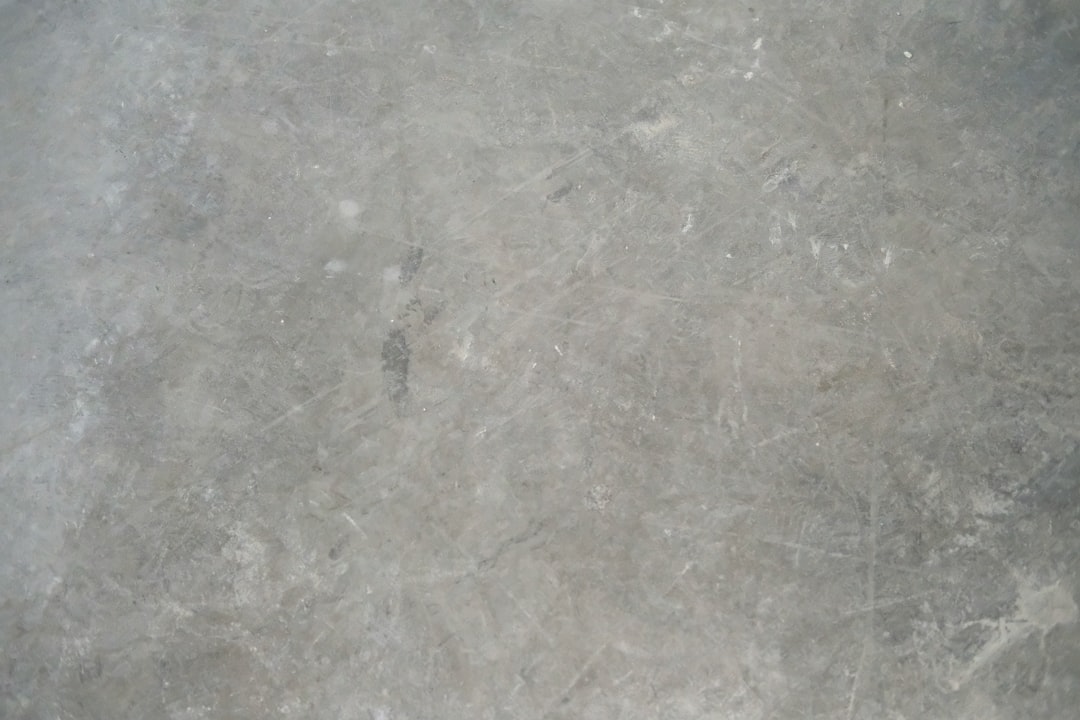If you are doing a construction project in your local area and it happens to cover 1 acre or more, then you need a Stormwater Pollution Prevention Plan. Shortened as SWPPP or simply SWP3, it’s a document that shows how you plan to manage stormwater pollution. Since large construction sites are known to be a hub for industrial pollutants which contaminate stormwater, this document is a necessity. After creating the document, the next thing is to live by it. You have to show compliance and this is where an SWPPP inspection comes in. Like most property owners, you probably have questions that you need answers for pertaining to SWPP inspections.
Here are answers to the top FAQs:
1. How Often Should the SWP3 Inspection Be Done?
In-house, your construction should be inspected weekly by a qualified SWP3 Developer (QSD). It can also be done by a Qualified SWP3 Practitioner (QSP).
2. What’s involved during the Inspection?
The whole idea of an SWP3 inspection is to determine your level of compliance. This is with respect to the following areas:
• Identify all possible sources of pollution
• Steps to control stormwater pollution
• Procedures for showing compliance
3. What Kind of SWPPP Documents Should I Produce During the Inspection?
The first document to provide is the Construction General Permit. It shows that you are legally allowed to do the construction. The second document is the SWP3 Inspection Form. It shows that you have been doing in-house inspections. You also need a Construction Site Notice (CSN). It serves the same role as the general permit. There are two types of Construction Site Notice (CSN): CSN for projects that are more than 5 acres and CSN for projects that are less than 5 acres.
4. Who Exactly Should Comply with SWPP Standards?
It’s generally the duty of a contractor to follow the SWP3 standards but the project owner is totally responsible for the implementation and compliance.
5. What Can Happen If I Fail to Comply?
Two things can happen if you fail to comply with SWP3 standards. One, you may pay up to $37,500 each day you fail to comply. Two, you may face a prison sentence.
There you have it; some of the common FAQs about SWPPP Inspections. Just as it is important to prepare the SWP3 document, it’s also important to comply with its standards. This is why SWPPP inspections are important. They are meant to determine if you are really living by the standards. The above answers will help you understand the inspections much better.









